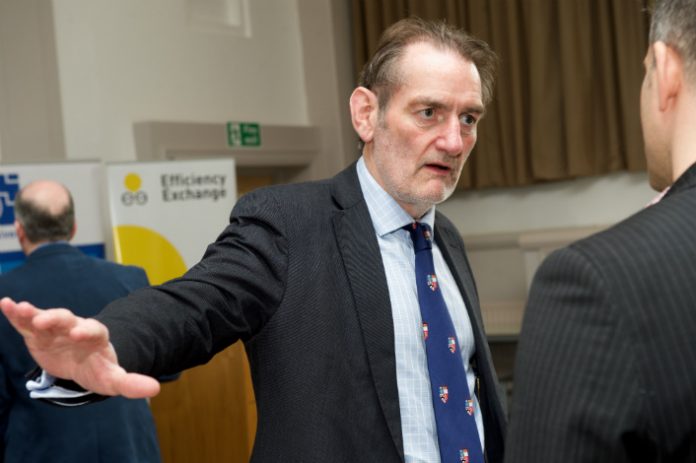
The government’s grant letter to the Higher Education Funding Council for England (HEFCE) this week stressed the importance of institutions demonstrating value for money. It also announced that I’ve been asked to take forward further work to examine and promote efficiency in higher education. This new phase will build on the comprehensive programme of work we have already developed on operational efficiency in higher education and expand the scope.
Our work to date on efficiency and effectiveness in higher education has shown that the sector has a very good story to tell, but isn’t always very good at telling it. We therefore have a great opportunity with this new phase of the work to rise to this challenge and ensure we are seen to be doing everything we can to demonstrate value for money to students and the public.
A report from Universities UK showed £480m of efficiency and value for money savings were delivered by universities in 2011/12 alone. This is on top of £1.4bn saved since 2005. The Wakeham initiative, which is aimed at promoting efficiency in research, has also led to over £160m of efficiency savings from 2011-2013. The Universities UK report also highlights how the sector is innovating and driving best practice, which through the excellent sector-wide Efficiency Exchange is being promulgated and promoted to all institutions, delivered in partnership with Jisc.
It’s important to remember that promoting efficiency in higher education is not about diminishing quality or essential services, quite the opposite. The savings above have been delivered while maintaining the excellence we see in the sector. What has been done, however, is enable the sector to be more resilient and provide a sound and robust basis for continuing to invest in the future. For example, in terms of capital spending even though public capital funding has been slashed, capital investment has remained relatively stable.
The key to this has been the amount that universities fund through internal resources, which has quadrupled over the last decade. Higher education institutions are now operating in a very different environment. If we are to continue to invest and meet the needs of the 21st century, we need to become ever smarter in the way we use our resources and the ways in which room for investment can be generated.
Recognising this new environment and the ever increasing pressure to demonstrate value for money, this new phase of our work announced in the BIS grant letter will cover six main areas:
- space and infrastructure utilisation, and asset sharing
- the higher education workforce
- the sector’s ability to record, quantify and analyse efficiency gains, and demonstrate the use to which these are being put
- investment strategy and operational plans of institutions
- academic practices and processes
- open data and efficiency
In taking this work forward, it is going to be essential to work with institutions and partners the sector. I’ve have already had strong engagement from all of the following, who have agreed to lead or engage with the work streams above: the N8 research partnership, the Association of University Estates Directors, Universities and Colleges Employers Association, University Human Resources, the Leadership Foundation for Higher Education and HEFCE.
I look forward to working with these partners and others, and continuing the dialogue with institutions themselves. There is a lot of good work already being taken forward and we need to promote and work with this, but also we also need to ensure we can provide the right stimulus and challenge.
The 3rd annual Efficiency in HE conference: Working for a smarter, stronger sector is taking place on 27 March 2014. See Universities UK’s website for more information







